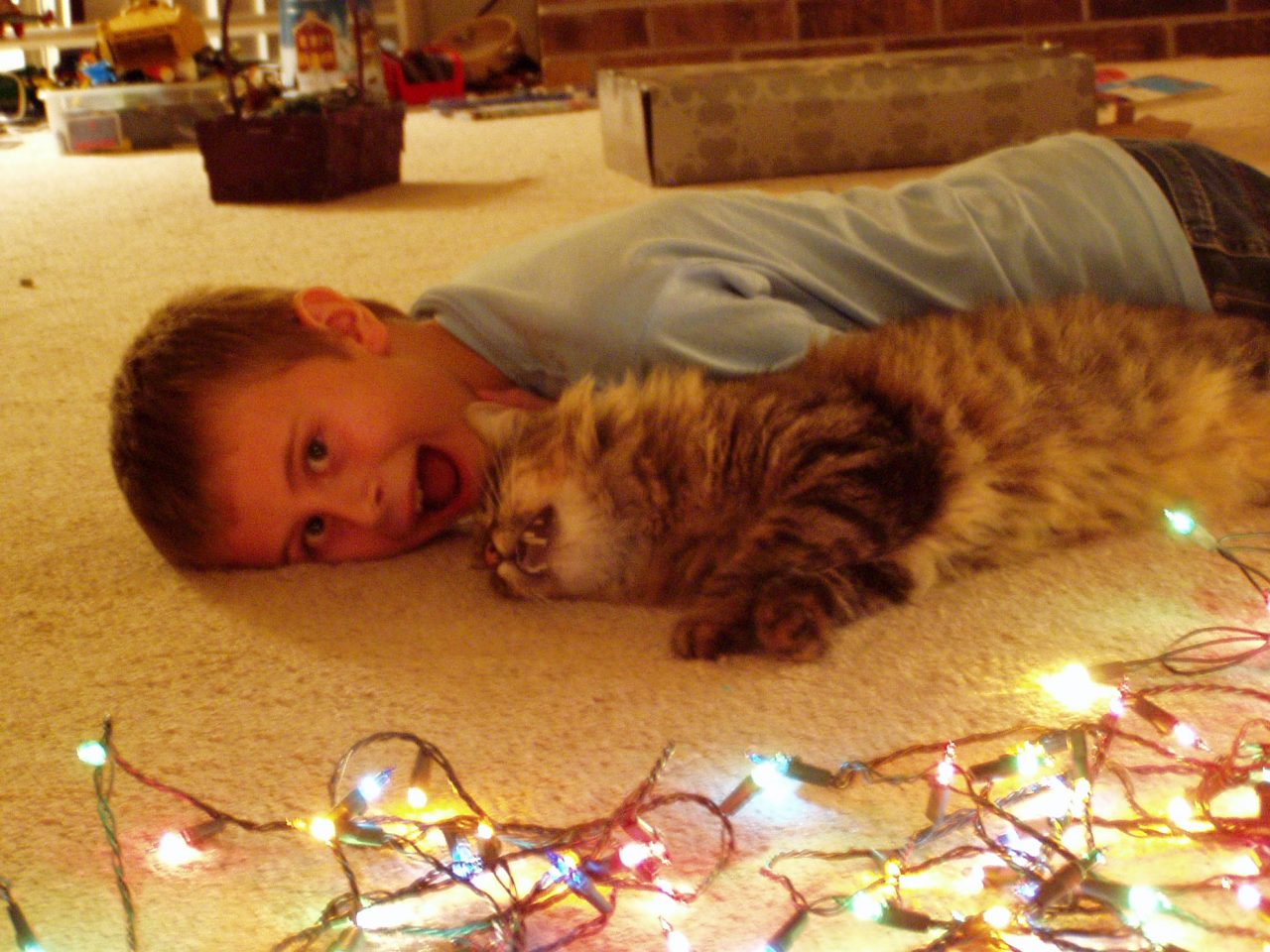 Raising young humans is always, without a doubt, an emotionally challenging job. It’s been my experience that most parents hope to do at least a few things differently than they recall from their own childhood. When you add to those normal challenges a parent’s strong desire to be better at the job, the pressure can feel overwhelming. Even the best parents aren’t perfect.
Raising young humans is always, without a doubt, an emotionally challenging job. It’s been my experience that most parents hope to do at least a few things differently than they recall from their own childhood. When you add to those normal challenges a parent’s strong desire to be better at the job, the pressure can feel overwhelming. Even the best parents aren’t perfect.
And in spite of all the eye-poppingly negative news out there, one really positive trend has been the upswing in understanding about human emotions. (I know, it seems like the topic of human emotions would be so basic that we’d be done learning anything new, but…) What’s more important to teach the kids — free expression or self-control? Is it better to convey a constant sense of calm perfection to them or should they see how you struggle in life as an adult? So many questions! A recent study offers us some insight into how emotional expression or suppression plays a role in children’s well-being.
This article about the study, conducted at Washington State University, is a quick read. It explains the balance that parents need to find between keeping a lid on emotions and coming unglued — in front of the kids. The researchers talk about “emotional residue” — a ‘feeling’ that kids ‘pick up’ from stoic parents who are often sending confusing mixed messages.
The bottom line advice: Let children see how conflicts are handled, from beginning to end, including the related emotions. This is how they’ll learn to handle conflict in their own lives.
The ongoing challenge: Doing the above well requires parents improve their own “EQ” (emotional intelligence), so they’re better able to recognize, understand, express, and settle their own emotions. But that’s for a different blogpost…
See WSU Insider, https://news.wsu.edu/2018/11/26/emotional-suppression-has-negative-outcomes-on-children/
http://dx.doi.org/10.1037/emo0000527
